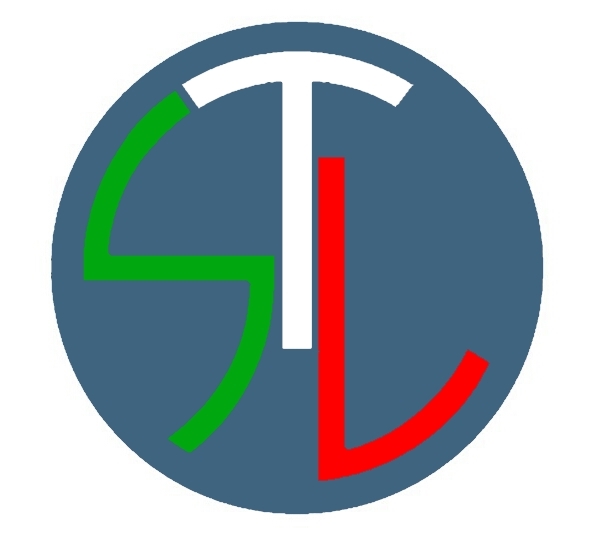The Paris Agreement is a landmark international agreement aimed at combating the harmful effects of climate change. This agreement, signed in 2015 by 196 countries, seeks to limit global temperature rise to below 2 degrees Celsius above pre-industrial levels. Achieving this goal requires a significant reduction in greenhouse gas emissions, which the Paris Agreement outlines in detail.
However, implementing the Paris Agreement requires more than just a set of guidelines and targets. It requires the compliance and implementation mechanisms that ensure all signatory countries are taking necessary actions to achieve the goals outlined in the agreement.
One of the key compliance mechanisms of the Paris Agreement is the requirement for each signatory country to regularly submit reports on their emissions levels and progress towards meeting their targets. These reports are then reviewed by a body of experts known as the Technical Expert Review, who assesses the accuracy and completeness of the reported data.
Another important compliance mechanism is the requirement for each signatory country to regularly update their Nationally Determined Contributions (NDCs) – the specific targets and actions they will take to reduce emissions. These NDCs must be more ambitious than the previous ones, and must be submitted every five years.
The Paris Agreement also includes a mechanism for international cooperation to support developing countries in their efforts to reduce emissions and adapt to the impacts of climate change. Developed countries are required to provide financial, technological and capacity-building support to developing countries to help them meet their targets.
Furthermore, the Paris Agreement established a transparency framework that requires countries to report on their progress towards meeting their targets and their efforts to adapt to the impacts of climate change. This framework includes guidelines for reporting and review, as well as a compliance mechanism to ensure adherence.
While the compliance and implementation mechanisms of the Paris Agreement are critical to achieving its goals, they are only effective if all signatory countries follow through with their commitments. It is essential that countries take the necessary steps to reduce emissions, update their NDCs, and report on their progress accurately and transparently. Only then can we hope to make meaningful progress in combating climate change and protecting our planet for future generations.
